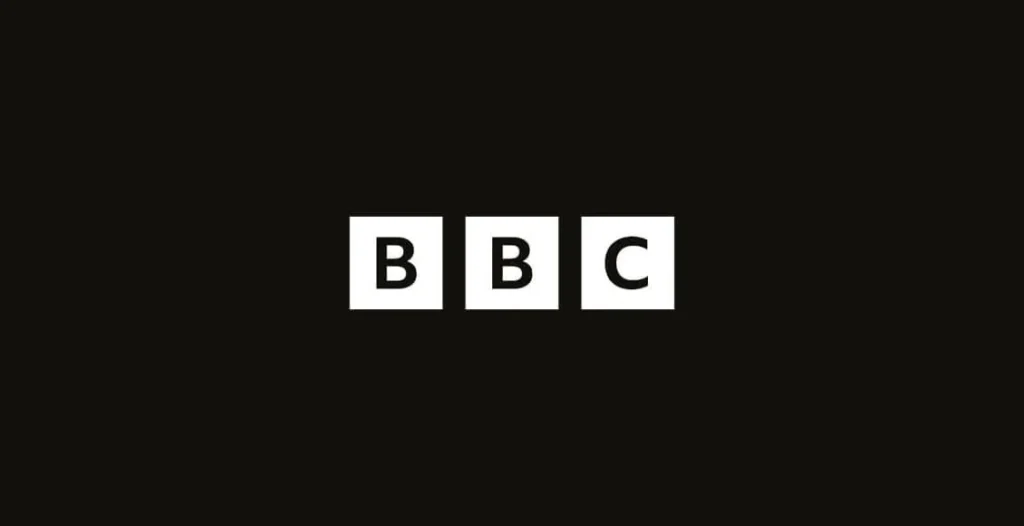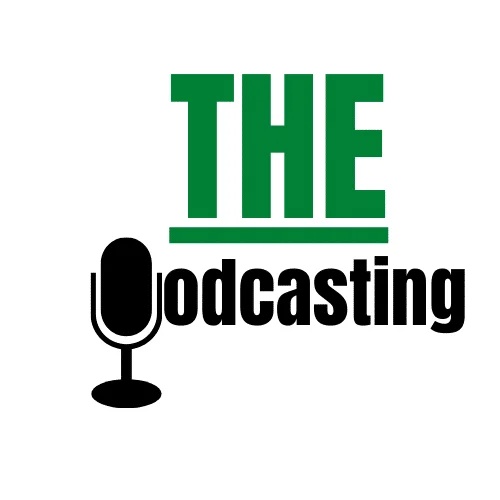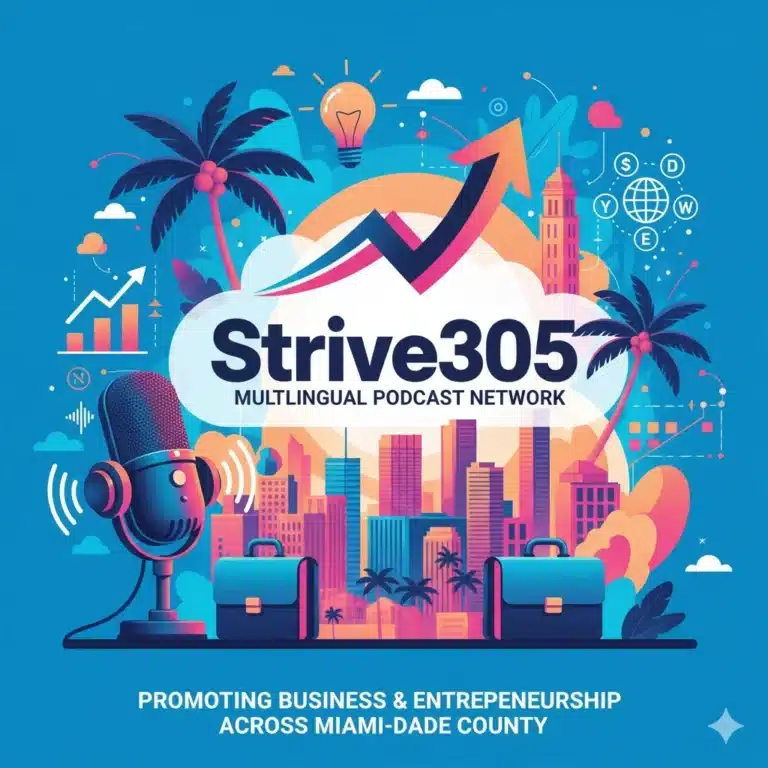The BBC has officially scrapped its proposal to introduce advertisements in select podcasts available on commercial platforms like Spotify and Apple Podcasts in the UK. This decision follows strong opposition from major media companies and industry stakeholders, who raised concerns about its impact on the UK podcasting landscape.
BBC Scraps Podcast Ads on Spotify & Apple After Industry Backlash

Key Highlights:
- BBC will not place ads on third-party platforms like Spotify and Apple Podcasts.
- The move was initially intended to generate revenue for the corporation.
- Major UK media houses opposed the decision, citing risks to the industry.
- BBC Studios will continue supporting the podcasting sector in other ways.
BBC’s Initial Plans and Revenue Objectives
BBC Studios had been exploring the possibility of running ads on commercially distributed BBC podcasts. The initiative was meant to create an additional revenue stream to support the BBC’s financial sustainability while ensuring that the content remained free of charge on the BBC Sounds platform.


